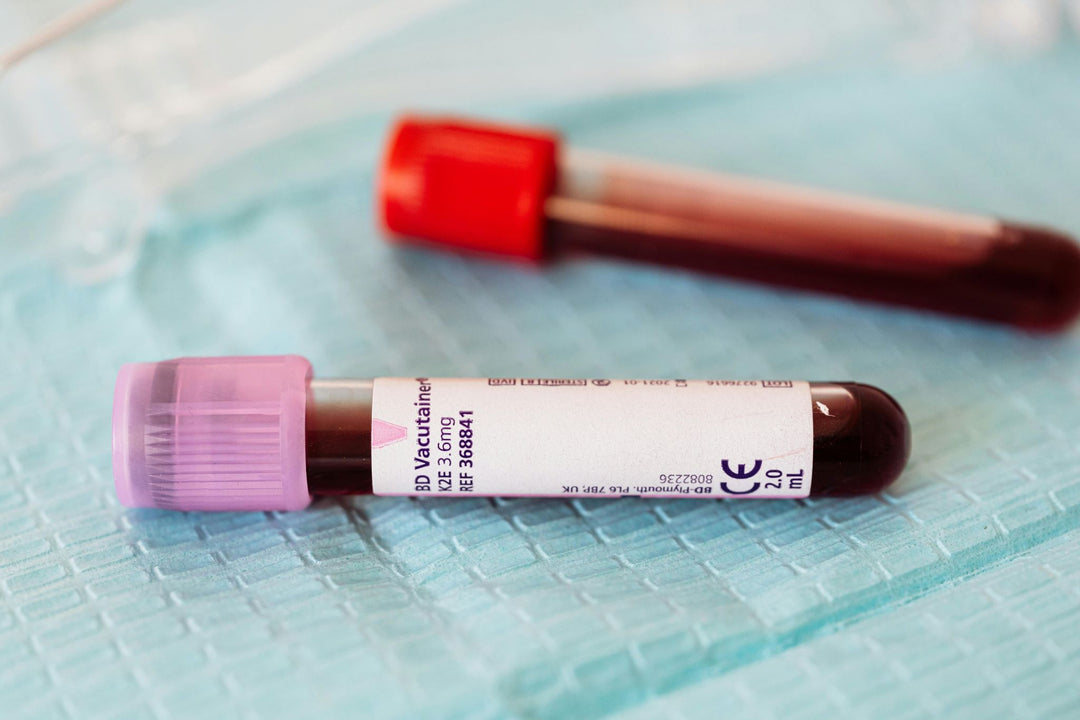What you should know about chlamydia
Chlamydia is considered a women's issue – or is it? No, both women and men can contract Chlamydia. Chlamydia is one of the most common bacterial infections that can be transmitted through sexual contact.
The infection is caused by the bacterium Chlamydia trachomatis. In Germany, it is estimated that there are around 300,000 infections per year, with the highest infection rates observed in adolescents and young adults.
"Not having symptoms does not mean you are not contagious."
Chlamydia infections can lead to various symptoms, but in many cases, they cause none and go unnoticed. However, not having symptoms does not mean you are not contagious.
Symptoms may appear a few days to weeks after infection, including pain during urination, unusual discharge from the penis or vagina, abdominal or pelvic pain, and pain or bleeding during sexual intercourse.

Being symptom-free and still infected is not uncommon.
If a Chlamydia infection goes untreated, it can cause serious complications such as infertility in women, chronic pelvic pain, ectopic pregnancies, or inflammation of the epididymis in men. Untreated Chlamydia can settle in the joints and cause arthritis. Caution is also advised for pregnant women, as such an infection can lead to preterm birth.
Since Chlamydia can be transmitted from mother to child during childbirth, there is a risk of infection in newborns. Chlamydia can cause severe pneumonia and eye infections in infants.
There is currently no vaccine against Chlamydia. In the case of infection and diagnosis, partner treatment with antibiotics is recommended because the likelihood of bacterial transmission is very high. Relevant here are sexual partners from the past 60 days.

How can I get tested for Chlamydia?
Condoms can reduce the risk of transmission. Timely treatment with antibiotics can cure a Chlamydia infection and prevent complications. Nevertheless, it is essential to get tested for Chlamydia regularly, especially if you are sexually active or have a new sexual partner. In case of suspicion of a Chlamydia infection, a swab sample or a urine sample (first-void urine) is taken.
Such tests are not routinely offered by doctors but are provided only in cases of acute symptoms or upon request. Chlamydia tests covered by health insurance are offered only for women under 25 years of age.
A Chlamydia test can protect you and your loved ones from infections and complications. Check out our CoviMedical Home Tests below to learn how you can easily, safely, and discreetly test for Chlamydia and other sexually transmitted diseases.



















